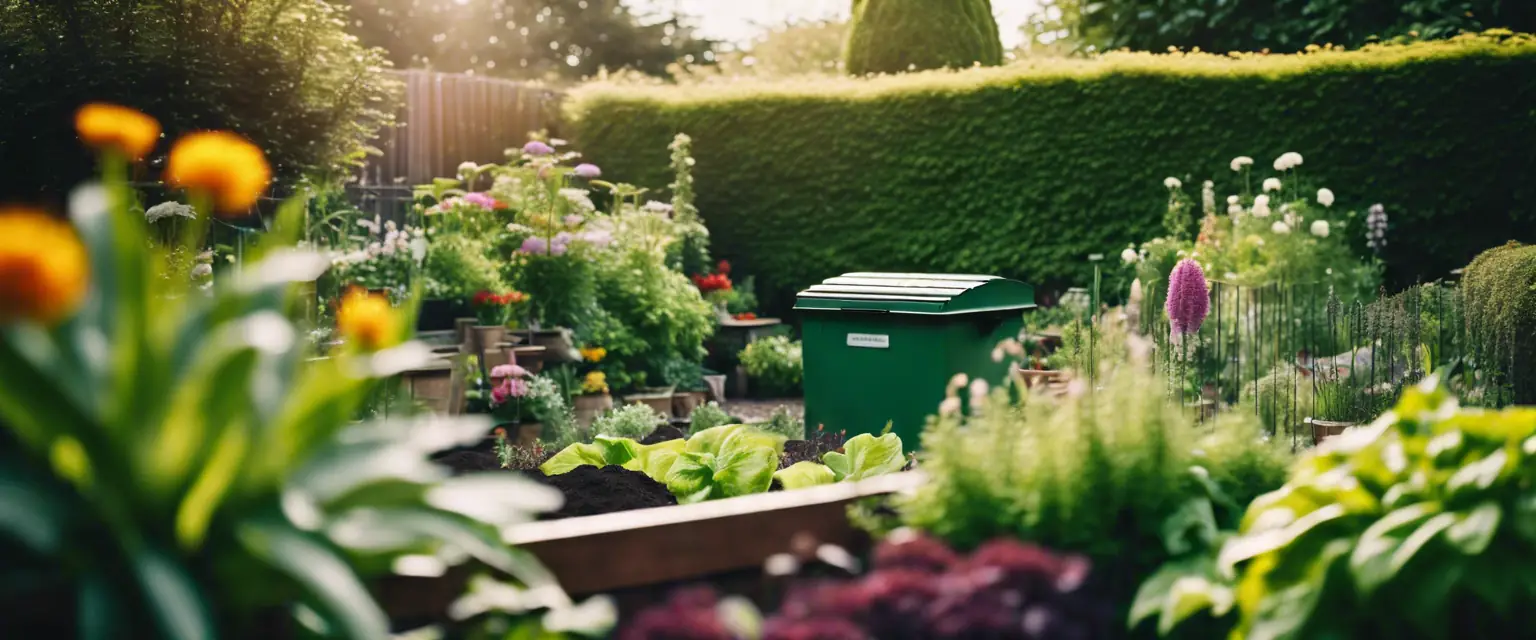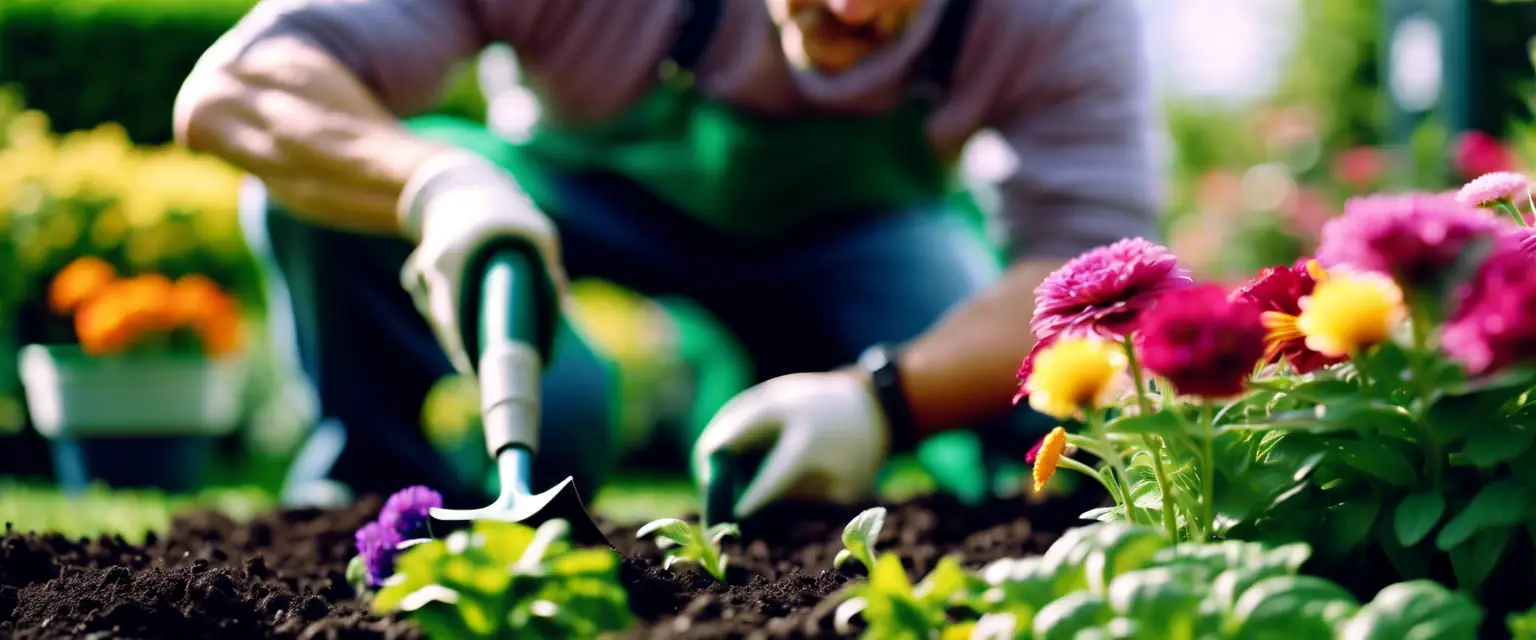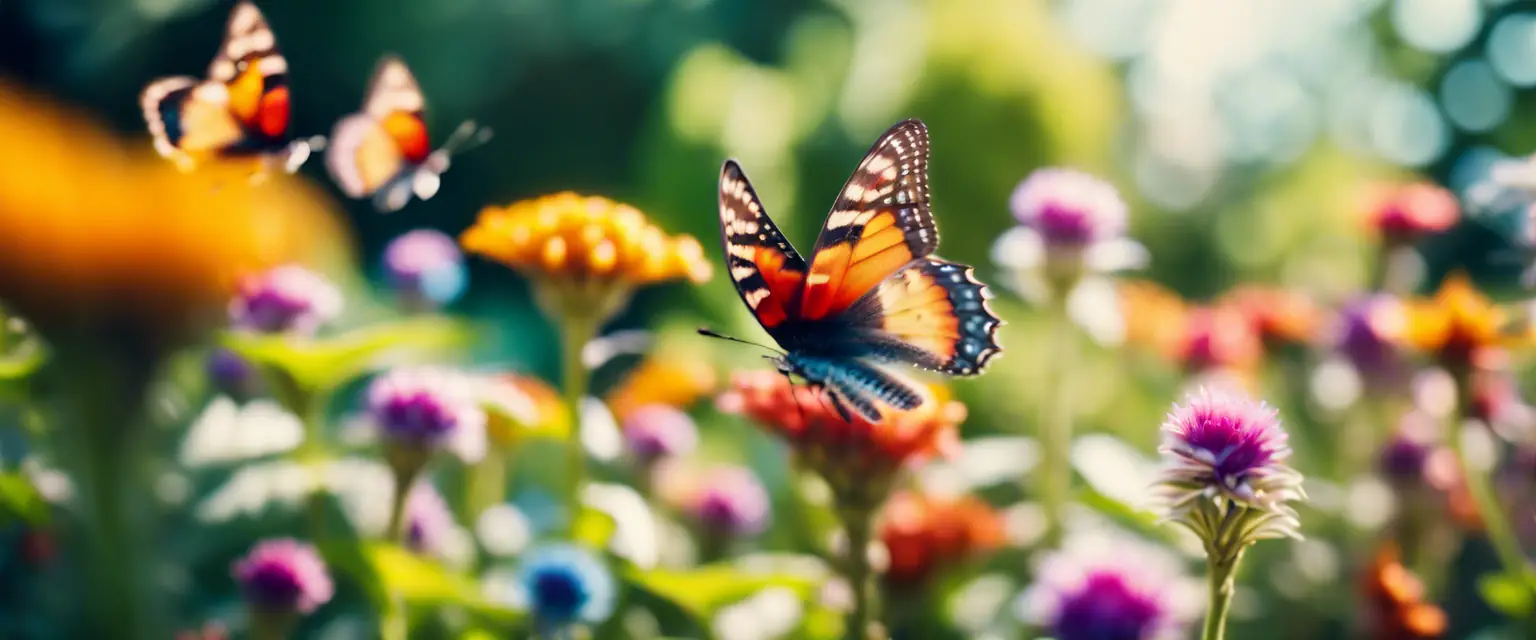Creating a sustainable garden is not only beneficial for the environment but also rewarding for the gardener. One of the first steps to sustainability is to choose plants that are well-suited to your local climate, reducing the need for excessive watering and maintenance. Incorporating native plants can significantly enhance the sustainability of your garden, as they require less care and provide habitat for local wildlife.
Another important aspect of sustainable gardening is the use of organic practices. Avoiding chemical pesticides and fertilizers can help protect beneficial insects and promote a healthier ecosystem. Instead, consider using natural alternatives such as compost, mulch, and companion planting to nourish your plants and control pests. Additionally, implementing water-saving techniques, such as drip irrigation or rainwater harvesting, can help conserve this precious resource.
Finally, consider creating a diverse garden that includes a variety of plants, flowers, and vegetables. Biodiversity not only enhances the beauty of your garden but also contributes to its resilience against pests and diseases. By following these tips and embracing sustainable practices, you can create a thriving garden that benefits both you and the environment.



